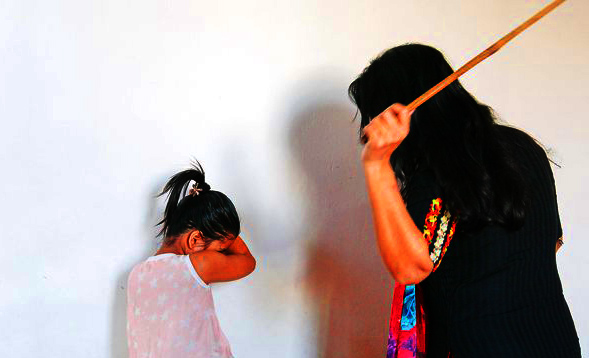A couple of days ago, a video of a hostel warden beating students mercilessly for securing poor grades surfaced on social media. The video immediately went viral, with most expressing their distress over the incident. This isn’t an isolated case. Time and again, we come across incidents of students being subjected to corporal punishment in the garb of disciplining them.
Corporal punishment in schools, colleges and alternate care institutes like hostels, orphanages and foster homes, has been a subject of debate over the last few years. While most education institutions discourage corporal punishment, we still hear about incidents of innocent children being subject to harsh punishment. Most of the time, the person or authority accused of corporal punishment tries to justify his action on the ground that such punishment was meted out for the child’s benefit. Orissa POST interacted with a few women, including a psychologist, who shared their views on the adverse effects of corporal punishment on the psyche of school and college students.
Jajpur-based Swarnamudra Mishra, a lecturer of psychology, says, “Punishment is the worst way to deal with students who secure poor grades or are unruly. Students should not be beaten at all. After all, they are sent to an education institute with the assurance to their parents that they will be taken care of mentally and morally. Such incidents will only make them lose interest in academics.”
“Continuous assessment helps students improve and secure good marks. There are several other ways to make an unruly student disciplined. This can be done by arranging parent-teacher meetings, engaging students in productive activities and teaching moral principles to the students,” she adds.
Rashmi Rekha Jena from Cuttack says, “Corporal punishment is unacceptable. We may have accepted it as a part of our education system and growing up process in the past, but it has no place in civilised society. Corporal punishment leaves students stressed, and their fear psychosis increases day by day. Parents also need to know about the consequences of such punishment. They shouldn’t compel their children to give in to their wishes. Securing high marks in examinations is good but it’s not everything.”
Bhubaneswar-based IT professional Rossy Devi says, “Teachers need to use their eyes and voice more to control the behaviour of students instead of using their hands or cane. But they too are humans, and, at times, they may not be able to control themselves from slapping an unruly student. However, when a teacher uses violence as a tool to deal with unacceptable behaviour, he is unknowingly setting an example that violence should be curbed with violence. Beating a student weakens the teacher-student relationship. Fear cannot lead to a productive learning environment.”
Susmita Mohapatra, a homemaker from Cuttack, says, “I am against the idea of beating not only children but anyone because nothing can be achieved by using violence. However, punishment may be necessary for doing something wrong because it can make one disciplined. In my view, punishments should be like writing one chapter three times or not allowing a student to play during the games period. These are also ways of making students aware of their mistakes. Teachers should deal with a student with patience and not beat him just to vent his frustration.”
SOYONG, OP
